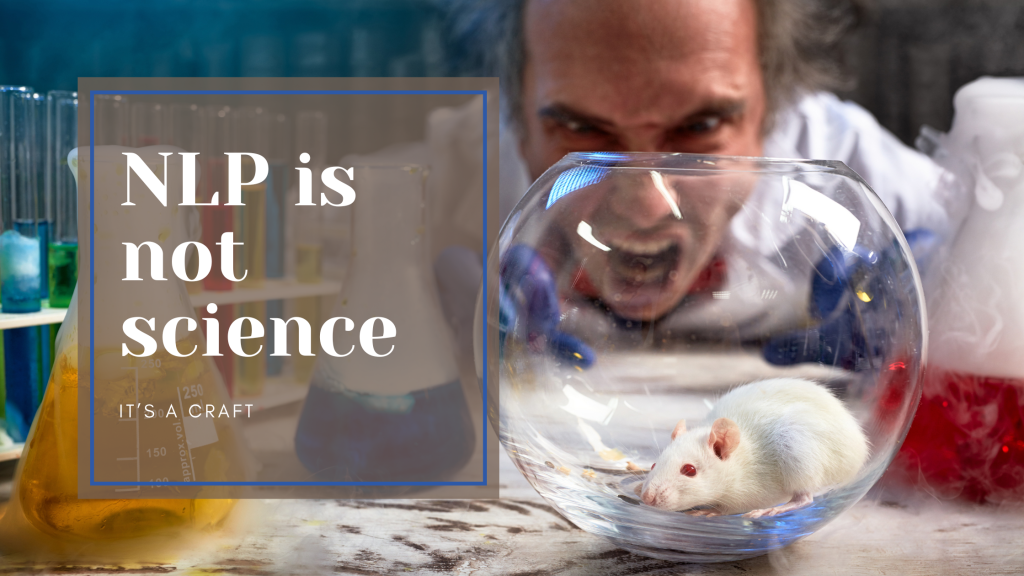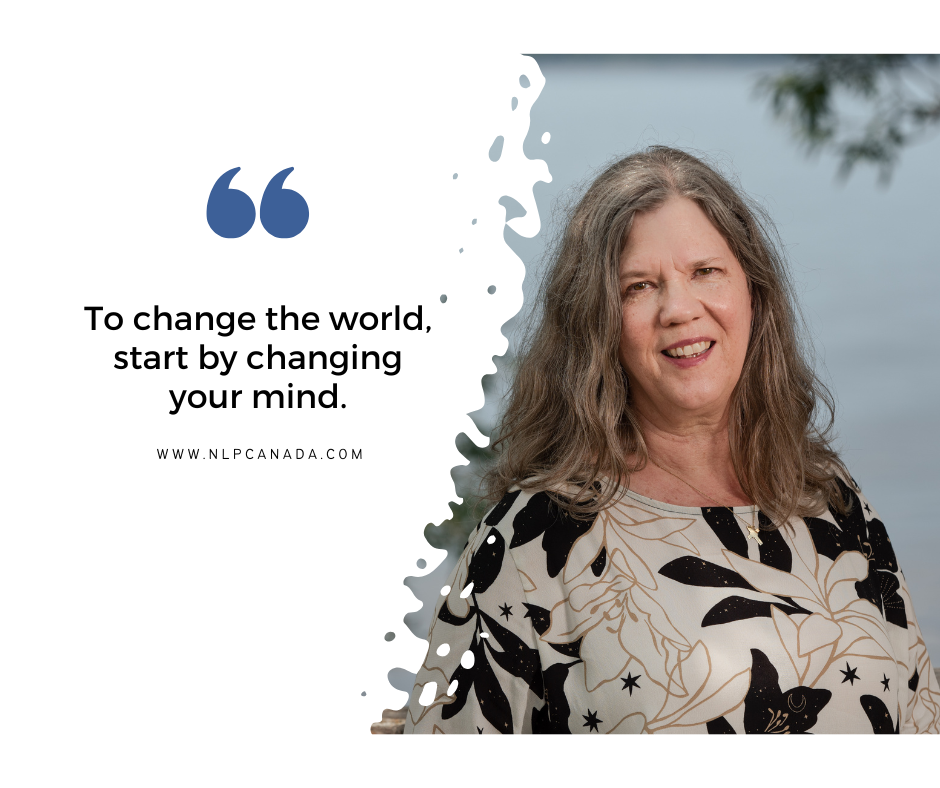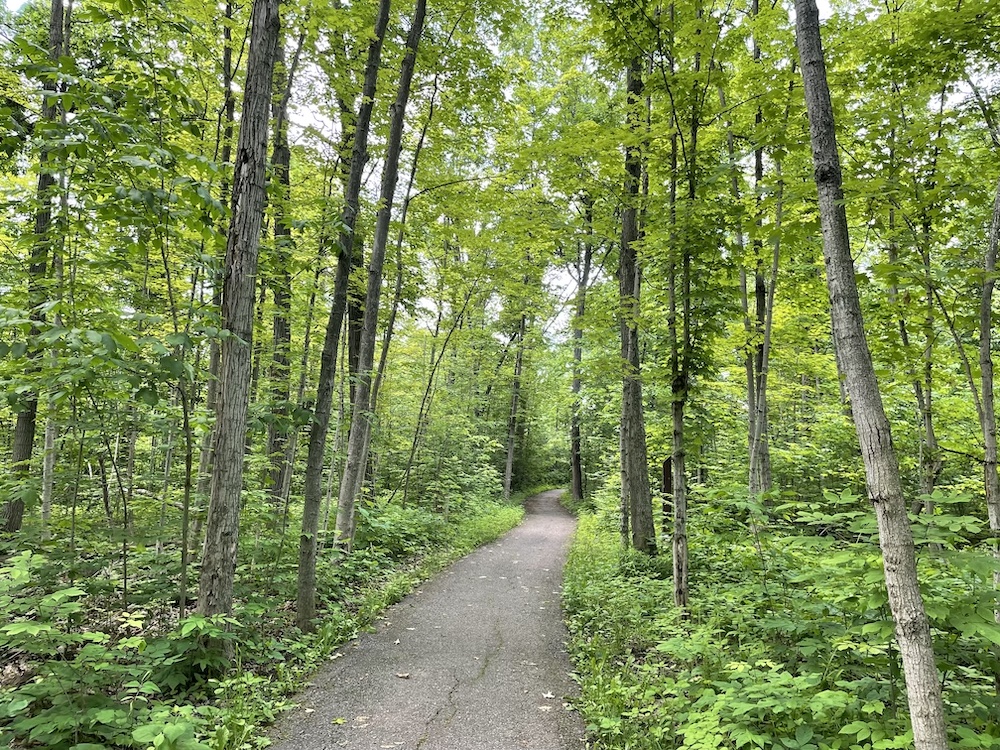Why is it so often easier to have a conversation with someone you’ll never see again?
At least one study has shown that people who agreed to talk to the person next to them on a commuter train experienced better commutes, even when they said they’d rather sit quietly by themselves. This study is often used to show that we are all happier when we connect.
But what would have happened if they’d asked people to commute while having conversations with people they know well? If you think it is obvious that they would have had an even better time, take another look at the people you see on transit or hanging out in a coffee shop. How many couples do you see where both are busier on their phones than they are in paying attention to each other?
Before we throw stones, let’s think about what is happening. It’s true that our brains like other people, but they also like novelty. We are curious creatures. Anything we discuss with a stranger becomes a new experience. But the people we know well already know our stories, and we know theirs.
There are other complications. When we are with people we know well, we have stuff at stake. We are entangled in each other’s behaviours and goals. What the other person says matters in a way that can feel risky. It’s hard to share (despite what we learn in kindergarten).
It might be easier to start a conversation with a close friend or family member, and it might be easier to enjoy an interesting conversation with a stranger. It might be normal for it to take an effort to put aside distractions and offer non-judgmental curiosity to someone we’ve known for years.
Want to find out? This week, put your phone away and resolve to give your full attention and curiosity to someone close to you. Ask questions and listen to the answers. Notice where you feel bored or restless or resistant and manage those feelings so that you can find out more before judging.



